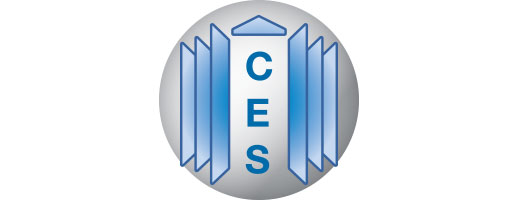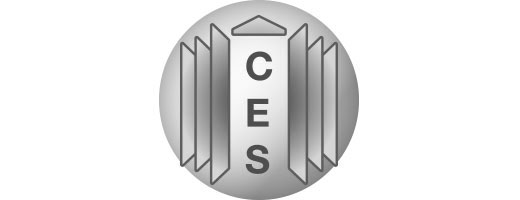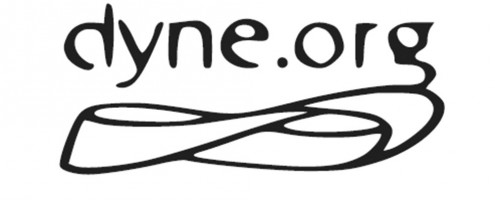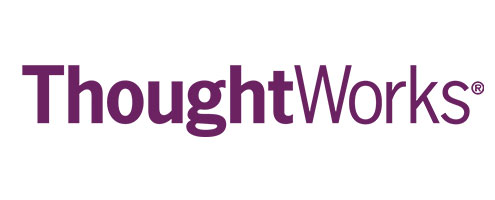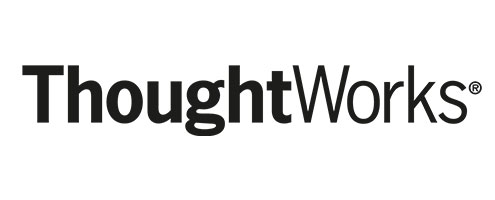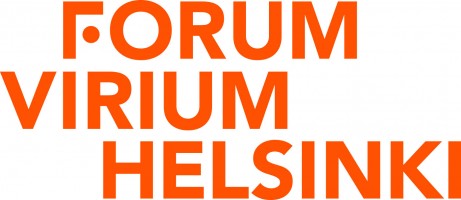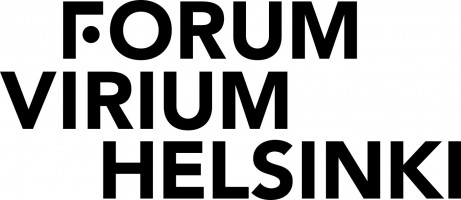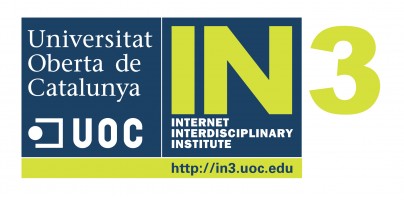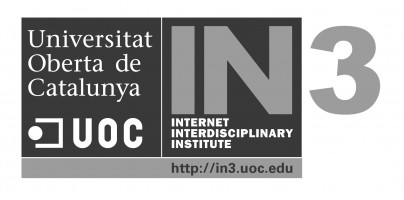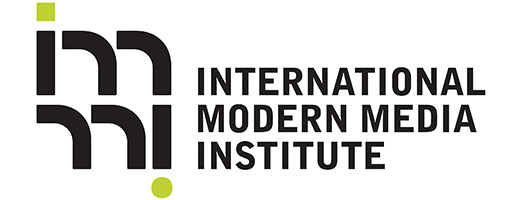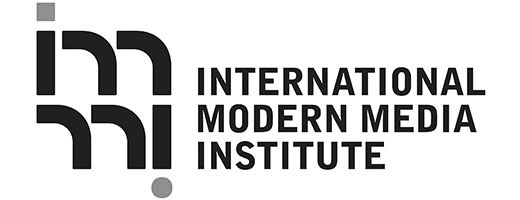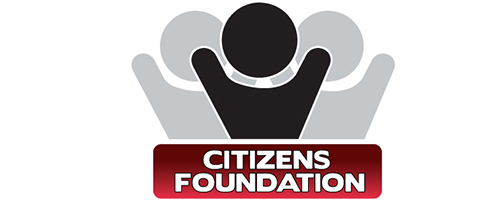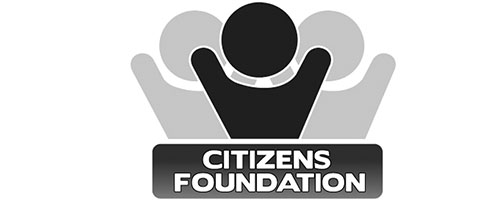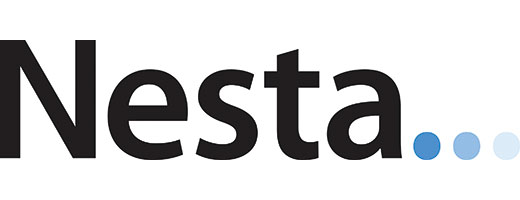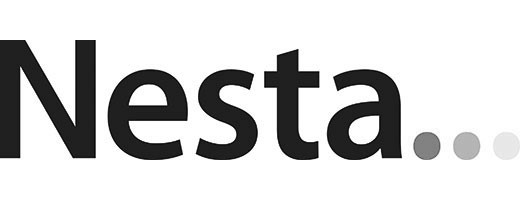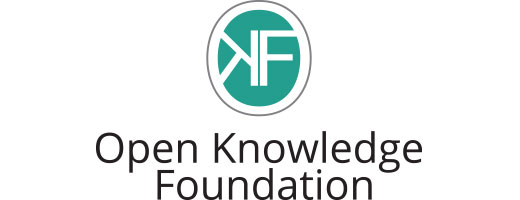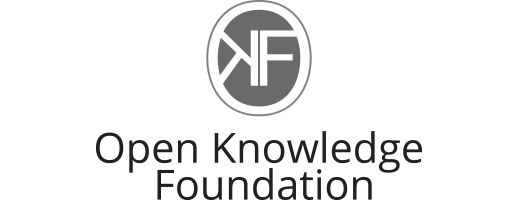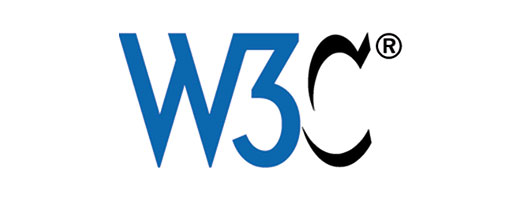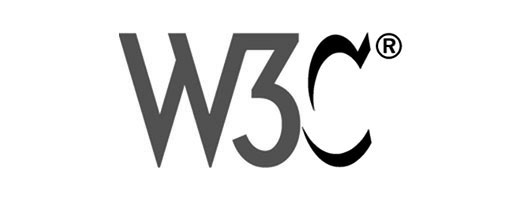Distributed identity, data infrastructures and digital tools for social change
Article by Francesca Bria and Elettra Bianchi Dennerlein. The original article was published at the Nesta website.

Francesca Bria in conversation with Blaine Cook, former lead developer of Twitter, principal co-author of the OAuth and Webfinger specifications and co-founder of Poetica. Blaine describes his worries and hopes for the development of digital platforms by social movements to mobilise collective action and build collective power.
Read the complete interview with Blaine Cook and other leading experts and intellectuals in the latest D-CENT report on identity ecosystems curated by Francesca Bria and Federico Primosig.
What is identity in the context of Big Data?
From the technical perspective big data and identity are the same things because if you can use big data to extrapolate large-scale predictions about society you do that by categorising people into demographics. If you are targeting a demographic then you know who belongs to those demographics and so it’s a two way process and you can use demographic information to personally target individuals. I don’t think the personal identities of individuals are relevant to companies’ business models. You need hundreds of thousands or millions of users to be relevant for a business today, and then you can use that aggregate to target individuals. Tracking people personally would be dangerous. You see examples of companies like Uber individually tracking journalists for instance because they are high impact individuals and they want to demonstrate the marketing power of their platform. You can get that individual data.
If you don’t have appropriate technological or social checks and balances, here is the potential for abuse in the aggregate data. And if the aggregate data is not anonymised properly, potentially there is the probability of abuse. There is a difference between being in the UK and the US in terms of privacy concerns around health data. In the US you will be denied insurance if a health insurance provider discovers that you have a genetic propensity for melanoma. Whilst in the UK the NHS for instance massively underutilises aggregate data.
Who owns the data?
The users that create the data should own the data. Whether or not you can extract them from Facebook I don’t know. I think FB will give you a dump for all your data at least in Germany- due to their user protection rights that have been won. I was involved early on in developing Twitter and the assumption was that we are providing a service that allows people to interact. We don’t own the data but in order to provide the service without getting sued we need a right to store, aggregate, and use the data. That is up to the terms of service.
Do you think regulating data access and control, what companies can and cannot do with users data is important in order to build alternative infrastructures and models where citizens are in charge?
Overall I look at regulation as a good thing- even if sometimes regulation can have a negative effect and be very harmful, impeding the real innovations and going against citizens’ interest. Even though I think it would be good to regulate Google and the data ownership I worry that if those regulations are not done properly they could do more harm than good. This is a big concern, especially because regulations move incredibly slowly and if they regulate something and they are not able to adapt and accept change in the regulation then that is just a big problem for the technologies that need to implement them into the systems.
However, what principles are just not negotiable? For instance, should companies be able to just grab citizens’ data and all kinds intangible public goods? Aren’t these critical common resources to build alternatives?
I think to some extent- it remains to be seen- we still have a relatively light independence from these corporate services. It is true that we depend on these companies for our social connection, and if we wake up one day and these companies are gone, we may feel that a huge chunk of our social existence is also gone. But actually I don’t think that that it is a real problem, but it’s just our perception. After all, we are not so tightly bound to these digital services, as we may believe. I guess politically I always found myself very aligned with social movements and socially progressive causes but I don’t believe that building tools by themselves will enact social change. The real challenge is building tools that people will use to enhance collective action.
Activists were thinking about social movements and change and new ways to create and leverage technology to help people who are trying to enact social change before anyone else was. They are on the leading edge of that because they are pushing up against sort of what’s possible. And even if their ability to really execute and build these things is relatively small they are thinking way ahead before anyone else is. It is the same in the area of security and encryption, where the hackers are really the avant garde. This is why for us doing Indymedia has been extremely important and led us to Twitter.
When the Arab Spring happened my reaction was- yes it worked! A friend of mine Tad Hirsch who was at the MIT media lab, built TXTmob7, which was essentially a messaging system for rapid organization for activists. This was 2 years before the development of Twitter and it was used during the 2004 elections. It was a voice distribution system over IP where an organiser could call up and leave a message, able to deliver 10.000 voice calls in a matter of minutes. Today we just use twitter or What’sApp for this kind of things. Then a few years later we were building the same thing for Twitter. It was great seeing it working in support of community activism and organising in a completely different fashion in Egypt and throughout the Middle East.
You started by building tools for social change with projects like Indymedia.org. Lots of social movements today are still hooked up on corporate platforms. Do you think social movements are still able to build collective power and action using these tools or we need alternatives? Who should build them and how?
In seeing the sort of surveillance and corporatisation of everything, I am at the same time very worried and very hopeful. I look at a lot of these corporate infrastructures and see opportunities for collective action. If you look at the technical infrastructures, we can still be hopeful: for instance, no one entity controls email. There are lots of people who have large email servers. Google controls empirically probably 40% of that, but they don’t control all email. At some level also twitter doesn’t necessarily need to control 100% of micro blogging.
I look at Uber and see a similar situation. What happens if we get rid of Uber as a corporation, but we give people the flexibility of safely connecting with rides in a small amount of time and negotiating over labour, while also incorporating collective action and collective negotiation over price for instance? For now Uber just dictates the rules and the conditions. But if we could negotiate agreements between riders and drivers it starts looking like sort of vision that the “Wobblies” had. Like the IWW (Industrial workers of the World) that favoured a bigger role for workers collectively organising, instead of devolving all this power to managers and intermediaries. It is feasible. In bigger cities like London there is no way we can do these negotiations on a personal scale, but the technology can help us going beyond the personal scale and establish trust in a network that incentivise collective negotiations, collective bargain and thus collective action.
What are the obstacles to achieve this vision?
It’s about Uber being better at marketing. There is nothing structural to prevent a cooperative to do a better job. I had a conversation with one of the twitter funders long time ago and I was talking about decentralising twitter and he put it like this: You can be a big fish in a little pond: Twitter has 300m users but there are 7.5 billion people on the planet so they are missing out on a big part of the pie or you can be a smaller fish in a bigger pond so let’s say twitter takes 25% of 7bil people. There is Sina Weibo, the Chinese twitter, there is FB and there are a number of other big services. Right now Twitter has 20-40% of the market but they have no access to the rest of the 60-80% because they are on another platform.
From a financial aspect collaborating would give them more access to the markets. It used to be the same for the phone network. It is about insuring the network effect. That is not tied to the corporate model that we have today. I don’t know how to make that model more appealing than the current corporate one.
True anonymity is really difficult but pseudo-anonymity, where as long as your threat model is not highly sophisticated, is possible. For example you can create different mails and sign up for different services with different accounts. It’s a hard thing to do but you can effectively appear as a different person. That different identity is perhaps not anonymous but no one will connect it back to you. Generally, it is up to us as a society to collectively negotiate where the benefits and boundaries are.

